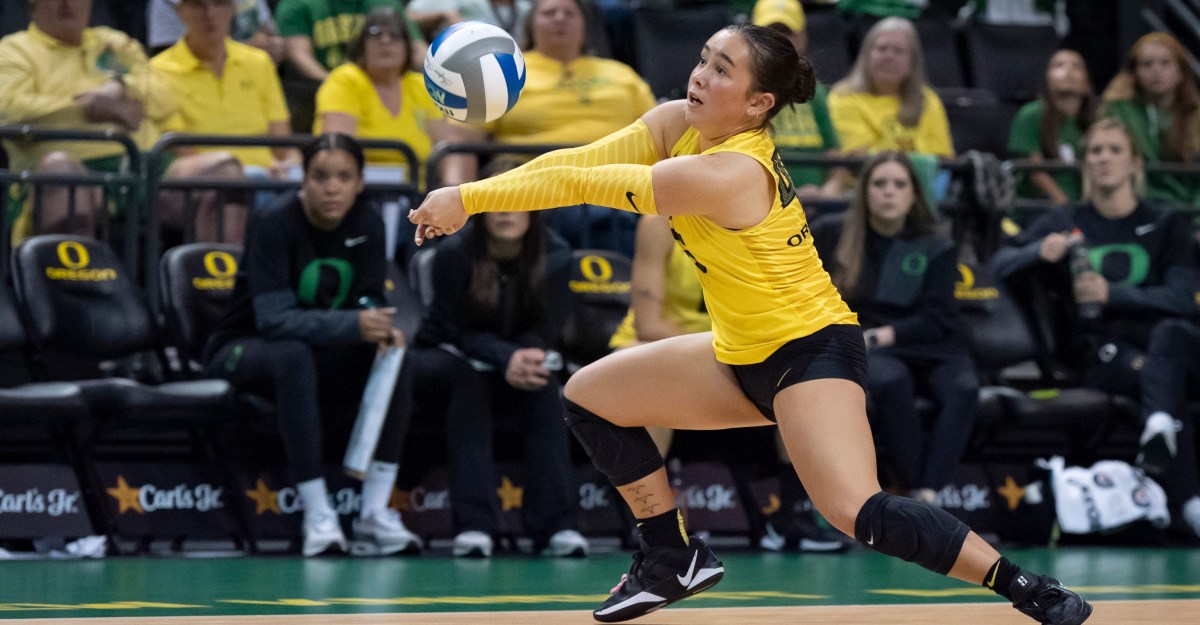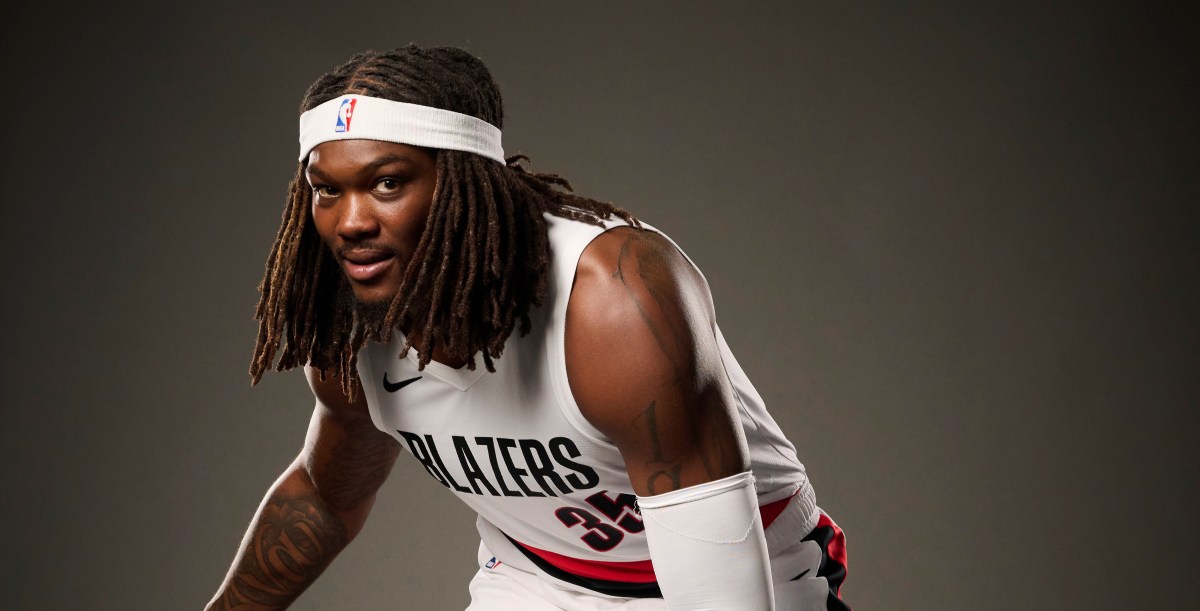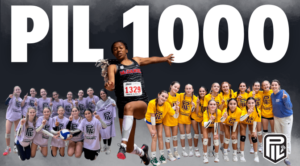Portland Trail Blazers News: Takeaways From Chauncey Billups Presser
The Portland Trail Blazers firmly doubled down on its current regime this week with multiyear extensions for general manager Joe Cronin and head coach Chauncey Billups.
Cronin signed his extension last Monday. Then the second shoe dropped on Sunday when Billups signed his multiyear deal shortly before the Blazers’ regular season finale against the Los Angeles Lakers.
Sunday morning, just hours after news of the Billups extension broke, both men sat at a podium in front of the press to explain what happened and pitch their vision for the next steps of the franchise.
Here are key takeaways from the 25-minute press conference.
The Second Half of the Season Mattered…A Lot
The main pitch at the press conference was Portland’s second-half improvement. In a way, it had to be, considering the general turbulence of the last four seasons up until this January. Kicked off by a hot streak where the Blazers won 10 of 11 games, Portland went 23-18 since Jan. 19. The turnaround helped the Blazers finish the season with a 36-46 record, a 15-win improvement compared to last season.
Cronin and Billups pointed to that second-half turnaround as evidence of progress in the present, as well as evidence of forward momentum toward the future.
“When those guys started playing the level of defense that we expected,” Cronin said. “When they started to be more and more connected, when we started winning ball games and being really competitive on a nightly basis — that changed everything for us, and we’re really proud of what’s happened this second half of the season.”
Given the fragility of NBA job security, Billups admitted it’s uncertain what would’ve happened regarding his future in Portland if the team hadn’t gone on that second-half run. Beyond conceptual promise, the uptick in the win column was something tangible both Billups and Cronin could showcase.
“I think ownership has believed in us all along,” Cronin said. “You also want to see results, and once we started seeing legitimate, sustained results — yes, small sample size, half a season — but I think there’s a lot of good things to point to that’s happened with this roster and this group over the course of the last couple years since we started this rebuild, and sure, [the second-half turnaround] definitely helped.”
The GM and head coach pointed to several other areas as indicators of improvement — defense, the development of young players, the growth of Billups himself — but the overall turnaround in the second half of the season was the major calling card.
Defensive Identity
Hand in hand with Portland’s improvement in the win column, the team showed major improvement on defense during the second half of the season. From the season opener to Jan. 19, the Blazers fielded a defensive rating of 117.1, fifth worst in the league. From Jan. 20 onward, Portland leaped to a third-best defensive rating of 110.2.
“For us to be the third best defense in the league this second half of the season,” Cronin said. “That’s meaningful and substantive, and that’s what we’ve been trying to build, and that’s what we’re going to point to moving forward — this is who we are.”
As Cronin noted, the team is wearing that hard-nosed defensive identity as a badge, the heart at the foundation of this rebuild. Billups is taking a good deal of credit for instilling the revamped defensive culture, noting that it embodies his own basketball identity. He said Sunday the elite defensive teams usually move forward in the NBA playoffs, and the 2004 title-winning Detroit Pistons team he started for was special because of defense.
“In terms of just mentality, it’s just who we are,” Billups said about this Blazers squad’s relationship with defense. “The teams that come in here and play against us, they know they gotta bring their lunchpail. Whether you win or lose, it’s gonna be tough.”
According to Billups, a number of factors contributed to the defensive turnaround. But a major inflection point happened after a candid conversation he had with the group during a rough patch earlier this season.
“I said I’m going to play the guys that are gonna compete and play defense and if you don’t do that, I don’t care, you’re just not gonna play,” Billups said. “And I meant that. And they felt that. And it really brought us together.”
Playoff Expectations Next Season
The Blazers closed out the regular season in the No. 12 spot in the Western Conference standings. Their 36-46 record placed them three spots back of the Western Conference play-in and extended Portland’s postseason drought to four seasons.
While Cronin said he couldn’t speak with certainty until the summer’s transaction window closes, he called making the playoffs next season a reasonable expectation for the franchise.
“We’re not happy about our season ending today,” Cronin said. “We don’t want our season to end this time next year.”
The statement stood in stark contrast to the messaging at Trail Blazers Media Day back in October and before last season. At those preseason events, team expectations and goals largely dealt with internal development rather than tangible benchmarks like win totals or postseason achievement. It seems the Blazers feel ready to move forward into the next stages of the rebuild. With that, Cronin said the team can take a different approach to roster-building moving forward.
“I love that we’re at that stage where as a front office we don’t feel that pressure to keep taking swing after swing to try to hit on the next up-and-coming guy,” he said. “I think we’re starting to feel really comfortable with our talent base that we can be more diligent about adding specific types of guys.”
The Superstar Question
While the Blazers are thrilled about their defense, Billups noted the offense still needs to take big strides — “and obviously that’s on me,” the coach added. One positive offensive trend he highlighted is the fact the team has a number of contributors, and the top scorers can change from night to night.
“There are so many teams in the league that they have these bonafide superstars that you have to live and die with how that one player plays every night,” Billups said. “The way I love our situation is we don’t have to live and die with one person offensively every night.”
An unselfish offense with several threats is undeniably good. Conventional NBA wisdom still indicates that contending teams need superstar-level talent somewhere in that mix. When posed with that thought, Cronin said the team isn’t done yet from a talent-acquisition standpoint. He also believes that coveted superstar could still emerge from within the current roster.
“There’s a lot of talent on this roster, and I wouldn’t put ceilings on a lot of these guys,” Cronin said. “There’s still a lot of time and a lot of talent that can be maximized here. These guys, I wouldn’t write them off to becoming those star-level guys.”
Ownership Clarity?
Cronin fielded some questions about the organization’s ownership brass, including the role of Trail Blazers Vice Chair Bert Kolde. The GM praised Kolde for his basketball acumen, gained over decades of experience with the franchise. He also noted Kolde’s involvement in operations, saying the two of them participate in a weekly “sync-up” meeting along with Billups and Blazers President Dewayne Hankins.
“He’s active, he cares about this team, he cares about us, he wants to see us all succeed and he’s challenging us,” Cronin said about Kolde. “ … The topics are wide-ranging, of course — big stuff like roster decisions, there’s input there and there’s collaboration.”
Cronin was also asked if he had any insight about the situation regarding Trail Blazers Chair Jody Allen and a possible sale of the team. He said he has active conversations with Allen, but not about that subject.
“Jody is incredible,” Cronin said. “Jody talks to us all the time about a lot of different things. That’s her business, we don’t meddle in that. We just stay locked in on the team and the staff and what we’re building here.”
Share this content:














Post Comment